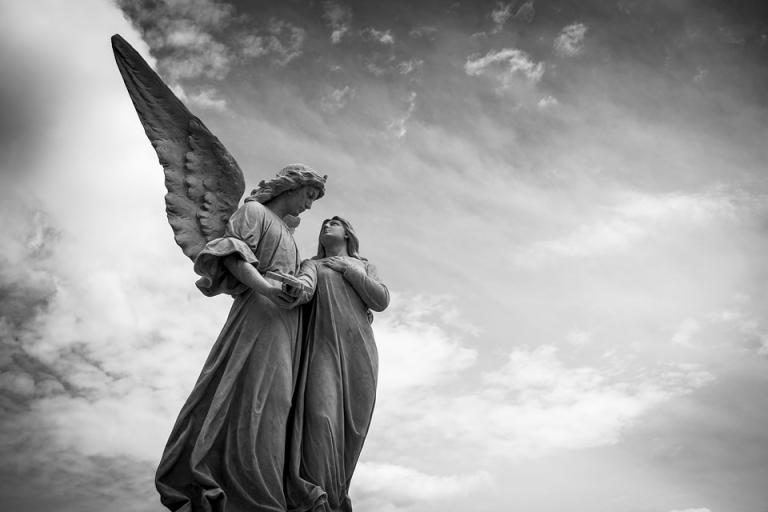It is not always easy for Jesus’ followers to discern during trying spiritual times if they are being persecuted for the Christian faith or simply being subjected to a loss of Christian privilege? How do we trust and hope in God’s providential care rather than fall prey to paranoia?
The famed martyred missionary to the Auca Indians, Jim Elliot–a native of Portland, Oregon, where I teach–was certainly killed because of his faith.
It was Elliot’s and his companions’ faith that led them to the Aucas, who killed them. Still, he and his missionary male companions were not killed by the fierce Aucas because the tribe hated and targeted Christians, but because the missionaries were strangers who appeared threatening to the tribesmen. Elliot’s wife, Elisabeth Elliot, later reflected upon the ordeal: “The Auca was trying to preserve his own way of life, his own liberty…He believed the foreigners were a threat to that liberty, so he feels he had every right to kill them. In America, we decorate a man for defending his country.”
What strikes me about Jim Elliot’s witness, and that of the rest of his missionary comrades and their young families, is that they did not operate from the vantage point of paranoia, but confidence in God’s providential care. Elisabeth Elliot, her daughter, and others, remained and lived among the Aucas, many of whom eventually came to believe in Jesus. How radical, and so counterintuitive! Many of us would be tempted to run and hide, but these missionaries operated from an altogether different vantage point.
Another case in point. Psalm 91 serves as the backdrop for Elisabeth Elliot’s book on her slain husband: Shadow of the Almighty: The Life and Testament of Jim Elliot. How puzzling to many that a book on a martyred missionary would have as its title a phrase from a psalm focused on God’s preservation from harm! But as John Piper remarks, the title was no mistake: “God’s refuge for his people is not from suffering and death, but final and ultimate defeat.” Rather than viewing the killings as a “tragic nightmare,” as many did across the globe when the news broke, Elisabeth Elliot saw the human tragedy of her husband’s and his comrades’ deaths from an eternal perspective: “The world did not recognize the truth of the second clause in Jim Elliot’s credo: ‘He is no fool who gives what he cannot keep to gain what he cannot lose.’”
Christian Scripture sounds a similar note. In I Peter 3, Jesus’ followers are encouraged to trust in God’s providential care in the midst of suffering for the faith and persecution:
“Now who is there to harm you if you are zealous for what is good? But even if you should suffer for righteousness’ sake, you will be blessed. Have no fear of them, nor be troubled, but in your hearts honor Christ the Lord as holy, always being prepared to make a defense to anyone who asks you for a reason for the hope that is in you; yet do it with gentleness and respect, having a good conscience, so that, when you are slandered, those who revile your good behavior in Christ may be put to shame. For it is better to suffer for doing good, if that should be God’s will, than for doing evil” (1 Peter 3:13-17; ESV).
Whether we experience persecution as Christians, or simply a loss of Christian privilege, the same spiritual sense of God’s providential care should mark our imaginations and lives, as it did Jim and Elisabeth Elliot’s. This sense is by no means hype, but hope, and goes a long way in helping Jesus’ followers live as victorious, no matter their circumstances, rather than as victims.
New Wine, New Wineskins’ 2018 spring conference titled “Religious Persecution, Loss of Privilege, Paranoia–and Hope” will address this subject and related themes.













